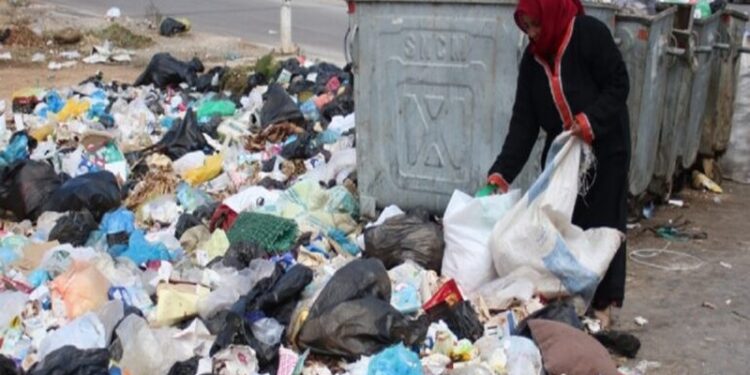Almost three decades after the launch of the first waste valuation policies, Tunisia still seems to be bogged down in an ecological impasse. Guest Wednesday June 11 on Mosaic FM radio, Ines Labiadhcoordinator of the Department of Environmental and Climate Justice at Tunisian forum for economic and social rights (FTDES)has drawn up a final observation: waste management remains one of the dead corners of public policies.
Since 1996, the Tunisian state has displayed its desire to modernize this sector through recycling, energy recovery and reduction of discharges. But “traditional approaches have shown their limits,” judges Ms. Labiadh. According to her, the proliferation of more than 3,000 anarchic discharges Through the country illustrates the ineffectiveness of a system still largely based on burial. “In some countries, waste generates wealth. In Tunisia, they produce crises, ”she deplores.
The consequences of this failing management are felt on the health of populations, especially in industrial regions such as Gabèswhere respiratory diseases and cancers are increasing. The FTDES regularly evokes the phosphogypse rejected by chemical factories as a major source of pollution. Nationally, 6,000 premature deaths would be linked each year to air pollutionaccording to several studies.
The political response remains below the issues. The project of New environmental lawstarted in September 2022, is still being discussed. In the absence of a renewed regulatory framework, civil society is struggling to put pressure on the authorities. “We need an environmental revolution at all levels: legislative, institutional and citizen,” insists Ms. Labiadh.
Faced with the inaction of the State, certain municipalities try to structure locally sorting and composting projects. But the means are lacking. For the FTDES, it is now a question of replacing environmental justice at the heart of the democratic debate, in a country where the ecological crisis is combined with the social crisis.








